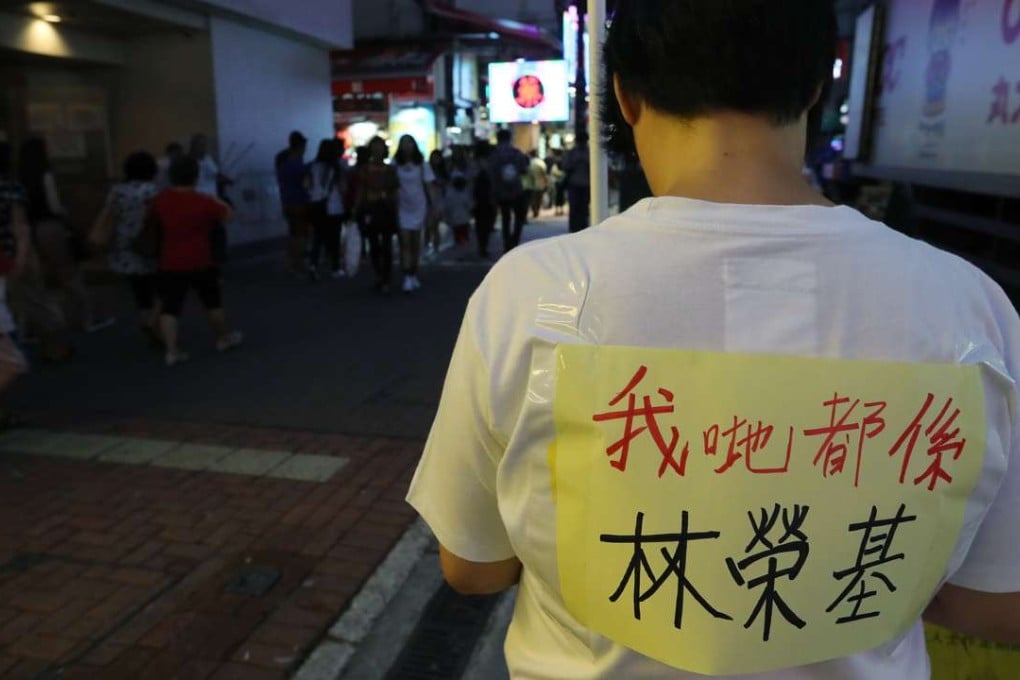As I see it | Jailed editors and kidnapped booksellers: A cautionary tale for all critics of Beijing
Jason Ng says the fate of a friend, the Shenzhen-based editor who was recently jailed, shows the extent of the attacks on Hong Kong’s press freedom – and our inaction should shame us

Last week, a Shenzhen district court sentenced Wang Jianmin, the 62-year-old publisher of Hong Kong-based political tabloids Multiple Face and New Way Monthly, to five years and three months in prison. His editor-in-chief, 41-year-old Guo Zhongxiao, received two years and three months. Their crime? Selling magazines in the mainland without state approval.
The sentencing of the two Hong Kong journalists drew immediate comparison to the abduction of the five booksellers earlier this year. Events that would have been dismissed as isolated incidents now look increasingly like a pattern. They form part of a broader context in which these and future crackdowns on the city’s press freedom must be analysed.
Yet, did we let the jailed journalists’ domicile temper our public outrage?
In echo of missing booksellers case, Shenzhen court jails two Hong Kong journalists for running illegal business

Outrage expressed in Hong Kong over missing bookseller, but no answers forthcoming
I met Guo five years ago on social media. At the time, he was a staff editor for the Hong Kong news magazine Yazhou Zhoukan (or Asia Weekly). His Facebook posts, alternating between commentaries on Chinese politics and selfies from his hiking exploits on the MacLehose Trail, caught my eye. In a city where people were never more than three degrees of separation apart, we quickly became friends.
Every once in a while, ZX – which was how I addressed him – and I would meet up for lunch to share thoughts on politics, blogging and digital journalism. A Hubei ( 湖北 ) native, he would speak Putonghua to me and I would respond in Cantonese. We communicated just fine – only on rare occasions did we resort to scribbling Chinese characters on restaurant napkins.

Using his blogosphere stardom, ZX went on to co-found Interhoo, an online think tank that advised government officials on economic policies. In 2003, he was named “Netizen of the Year” and one of China’s top 10 citizen journalists. His claim to fame landed him a coveted job offer a year later from the prestigious Asia Weekly in Hong Kong.
ZX’s success story inspired me to write a short story titled “Going South”, published in an English-language anthology in 2012 – roughly a year after we first made our acquaintance on Facebook. In April that year, I booked him for lunch near his office in Chai Wan to give him my new book. In return, he gifted me a signed copy of his book Shenzhen Shuipaoqileni, which was written under an alias and based on the blog article that had started it all.
